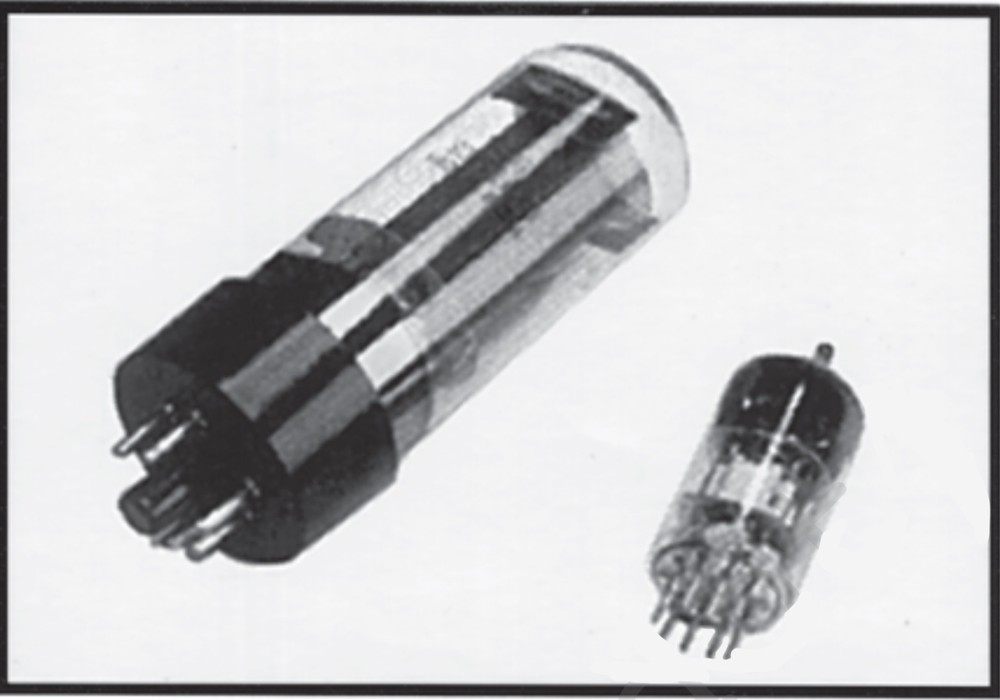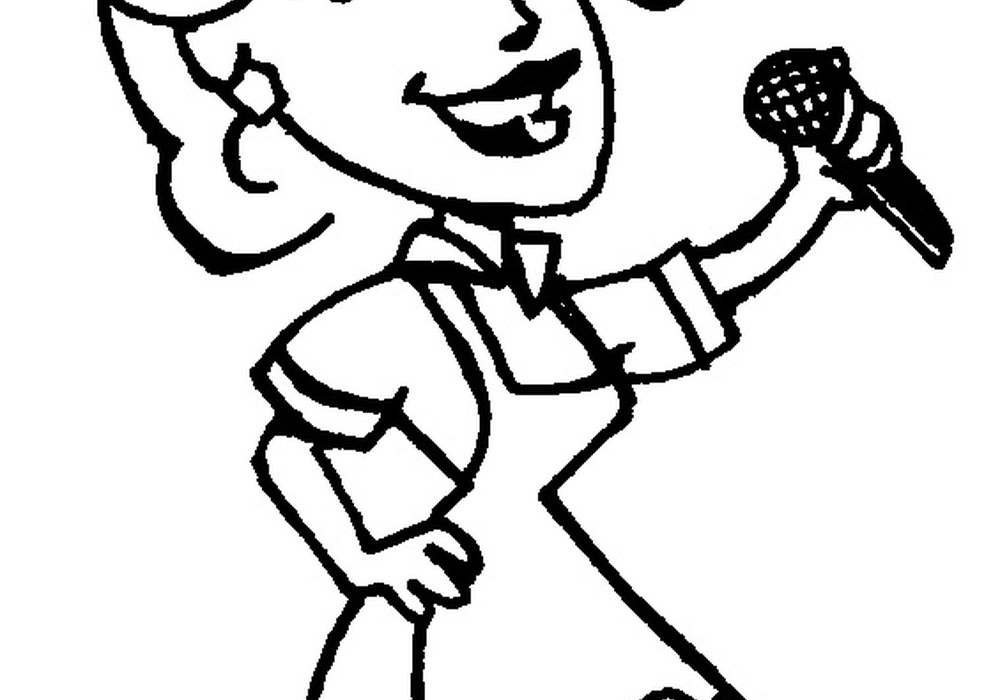The Tone Factory is one of the few commercial recording studios in Las Vegas. Initially started by musician Vinnie Castaldo to serve his own needs, the studio soon became busy with local and national acts dropping through to cut songs and make albums. Vinnie's recorded up and coming local emo bands like Ashbury and Fletch — who are making waves with the kids — but clients like All American Rejects, Aynsley Dunbar, Denny Laine, Enuff Z' Nuff, Escape the Fate, Ivan Neville, Jake E. Lee, Leslie West, Steve Nieve and the Vince Neil Band betray a wide variety of music coming through the doors. Hell, Vinnie even created the music for an acclaimed audio book of the Iliad and the Odyssey. Recent projects have seen Vinnie working with producer Kevin Churko on a Simon Collins album, including a guest drum jam with his pop, Phil Collins! The Tone Factory is one of those comfortable studio spaces, with lots of instruments, excellent recording equipment and enthusiastic and talented people behind it.
Your studio started with your band, Mama Zeus, having a space for private use?
I had been in bands in Vegas since the '80s. Some of the bands I was in, the guys went on to be in Third Eye Blind and Lenny Kravitz, so they were pretty good bands. Being a drummer, I was always joining other people's bands where I was just the drummer. I kind of had my own musical direction that I wanted to go in, so I started Mama Zeus in the early '90s.
Picking all the people you wanted in it?
Yeah, I picked everybody. I wanted to do music that wasn't "current" — to write music that was real to us. I wanted to find people who had that kind of sensibility. We sounded like Zeppelin meets The Black Crowes, but with a girl singer who was very sultry. Her favorite band was the Allman Brothers — you don't meet many girls who are into that! Nicole [Sottile] is an amazing artist and writer. We played around for ten years and did as much as you can in Vegas as a band. People don't really care about original bands in Vegas because there is so much other stuff going on. Now that DJs are rock stars, live music here falls by the wayside, which is kind of a shame. We played in L.A. a bunch. We also used to play in Utah at these really cool, hippie-type bars. We were holding out for a major label deal. We almost got signed by Universal. In 2001 most majors went through a restructuring, some label heads lost their jobs and we were back to square one. We just kind of looked around and said, "We're all in our thirties now. We can't do this anymore." It was costing us money. At the same time I was in The Fab, playing Beatles [covers] in the casinos on the weekend for a living, as well as doing the studio gig. The studio came about when I met engineer Larry Brewer in '99. I met him at a Fab show where he was doing sound. I asked him if he would help us with a record that we were doing in my home studio. It turned out that he wanted work at our rehearsal space, which was an eight hundred square foot open warehouse. I brought all my gear down there, and he bought some gear, and before you know it we had a little pro situation happening. We got through the record and I ended up finishing it myself, because he was too busy working. We hit it off from there. He's done lots of major label records — big high- pressure types — so he showed me things that he learned from great producers over the years as far as mic'ing and stuff. A couple of "secrets" that seem pretty basic now, but they're probably things that you wouldn't learn in school. I've employed some of what he's shown me, but I don't use them all the time. I've come up with my own techniques, and I try different things every time I record.
To see what will work.
I never stick to the same techniques, because I don't want to have the same sound for every record. All the samples that I use on pop stuff and heavy stuff — I made the samples.
Did you build a room in the rehearsal space?
Yeah. At first it was a big, open room and we brought all the gear and stuck it in the corner and then we thought, "Well, let's build two walls and a ceiling and then we'll have a control room." I was getting ready to do that and my friend, Dave Bellanca — a pro-audio dealer and studio designer from Buffalo — said, "Let me design you something." So the rehearsal space turned into this really nice room, then, all my friends wanted me to record them and it kind of mushroomed from there. From early 2000 I've been recording tons of bands in Vegas. I took over this new facility four years ago. It was designed by the same guy. I also built a B room — it's a small [Pro Tools] HD 3 kind of set-up.
Is that mostly for overdubs?
Yeah. If you cut drums in here [A room], we can have two rooms going.
Did you start out knowing very little about recording equipment and engineering?
I guess so, but I've actually been addicted to it since the mid '90s. I started getting my home studio together around '95, and I read every publication. I'm way into gear. I spend most of my time when I get home at night on eBay. It's a sickness, man! I guess it's healthier than doing other things you could be doing in Vegas!
At least if you're buying equipment, that money goes back into a business.
Yeah, not only do I have great recording gear but a pretty sick guitar and amp collection too. I've got every kind of bass you can think of, as well as a bass amp collection and some vintage keyboards. That brings more to my productions. If I need an old Gibson acoustic, I've got it.
That's a pretty nice collection over there. I always ask, "What is a studio going to offer these days?" Spaces to work in and more instruments.
A perfect example of that was when the All American Rejects and Butch Walker were here for the VH1 Rock Honors show that was at the MGM Grand Garden and they wanted to book the studio the next day. They didn't have any gear with them, so they used everything I have. Also, the fact that I'm a drummer — a lot of drummers like to come here too because they know I have a lot of cool drums. Aynsley Dunbar records here a lot. Chad Wackerman and his brother John are possibly going to do their DVD here. Jeff Ocheltree [see sidebar review] is my buddy now; he wants to do his next DVD here as well. Hopefully that's going to bring a lot more drummers here.
That's a good idea. You never think of creating a studio niche with an instrument.
And I've also been playing guitar now for about ten years. I play guitar and bass, so I end up playing lots of different instruments for clients. My rock production sensibilities lie mostly in The Beatles and Zeppelin. I really love Jimmy Page — the way he layers guitars. I think I'm good at that, directing guitar players and coming up with alternative rhythms on different sections and such.
I like breaking one part up into many overdubs if you're really trying to get a full sound out of a single player.
Yeah, different guitars and amps on sections. Instrument-wise, the only thing we don't have here is an acoustic piano, which is kind of a bummer.
Are you thinking about it?
Yeah, I just don't know where we would put it. We've rented them before and it just takes up the whole room.
With a grand, yeah.
We might be getting an investor involved — I just don't want to commit because right now it's my thing. My friend, who is a partner in my label that we started a few months ago — he wants to get the unit next door. It's actually two of these spaces put together and there's a kitchen and a shower.
You could put people up then.
Yeah, so we're thinking about getting it. He's also a piano player and wants to get a piano, so that would be really cool. That's the next step if I'm going to take this thing any bigger.
Is it pretty busy then, or are you busy?
I think it's more me, because I do have other engineers here but most calls are looking for me. The guys from American Head Charge want me to go to Minnesota to work with them, which I'm thinking of doing. I've never thought to do that before but I totally would.
How did you end up working with Denny Laine?
Denny and I met through a friend. He has a ranch here in Vegas. He actually contacted me initially to play drums for him at a show that he had here in town. I met him, did three rehearsals, played the show and we became friends. He gave me a copy of his demos that he'd been compiling for a few years, and I was blown away by how amazing they were. I said to him, "We have to record this stuff. I know exactly how to treat this music." We approached it organically, in the style of an early Wings record. There's not a lot of stuff happening, but everything that does happen means something. If you have a part, make sure it's saying a lot. Keep it to basic guitar, bass, and drums, unless it's a piano song. Keep the production down and keep it about the songs. He trusted me enough to do it, and it took about a year to secure the financing and to get everything together on my end to where we could block the studio out for two months. We worked on it for about two and a half months and we are about seventy-five percent completed. We still have to do the vocals. We're hopefully going to fly to New York and mix it with Henry Hirsch.
He has opinions. Be ready!
My dear friend that I grew up playing in bands with is named Tony Breit — he's the bass player for Lenny Kravitz. That's how I have the Henry Hirsch connection, and I figured that Henry would be the perfect guy to mix it. I could mix it and make it sound good, but I want to run it through all his killer analog gear. The fact that he is a total Beatle-head doesn't hurt — we want to bring it to the next level because it's hopefully going to be this great, timeless record, and Denny's music deserves it.
Earlier you were telling me about getting a lot of emo bands. What was the band that has the deal going?
There is a band called Fletch that got signed to Richard Dashut's label, Ifiymm Records. Richard produced Fleetwood Mac. They're zeroing in on a lot of younger bands. Fletch is a Vegas band and they appeal to female teens. At all of their shows there's usually three to six hundred screaming little girls who know and sing every word.
Here in Vegas?
Here in Vegas. They're trying to take it to the next level. This was their introductory EP. They used a producer named Kirk Moll. I just recorded and mixed it. I have since produced two songs for them that might be used on something later. It was cool. After that job I got all of these emails, because they are pretty high profile on MySpace. All these emo bands have been contacting me. There's also another pretty popular band called Ashbury — I did their record too. They have some songs on an MTV show called The Hills. They're pretty big on MySpace too, so between those two bands...
People search your name out or find your name in the credits?
Yeah.
Are people flying out from other places to work with you?
Enuff Z'Nuff came out from Chicago to work with me.
But not because of the emo bands?
No. Their label knows me and figured it would be the perfect situation. I played on their record and co- produced it with them. It's not done though. We recorded eighteen songs and we've narrowed it down to seven. We need to have the singer finish his tracks before we can put it out. Some of it is heavy — a lot heavier than you would think — and some of it is just more Beatle-y. We're also going to have Jake E. Lee play some leads on it. He was the second guitar player for Ozzy. He did his solo record here. Mike Varney, owner of Shrapnel Records, sent a bunch of records here also. A Michael Schenker record, as well as a Leslie West record. The singer from the band Love/Hate — do you know him? Jizzy Pearl? Killer singer. He did his solo record here too. The guys from American Head Charge came out here for kind of the same situation. A younger, unsigned band [Pensive] came in from San Diego. They brought engineer Joe Marlett with them.
Do you think people just want to come to Vegas sometimes?
Sometimes.
It wouldn't be too distracting to come to Vegas?
We tried to get one guitarist to come out here for a Shrapnel record, but he wouldn't come because of the "temptations."
But, "Hey, when I'm done with my drum takes I can go run around."
Yeah, there's a really nice casino right on the corner, The Orleans, and you can get rooms sometimes for as little as twenty-five bucks a night.
Because it's off the strip.
Yeah and it's nice. Bands also book shows while they're here. There are a couple of clubs where original bands can play, and they can usually get a gig last minute. Bands just want to soak up the Vegas vibe.
What clubs do you like?
There's this place called the Dive Bar that's an underground, punk rock, small club that has music seven nights a week. When touring bands come through town, that's usually where they play. There are a couple of places downtown too. There's the Art Bar, which I think is a franchise from Southern California. They have bands now. There really aren't a lot of places for people to play, I guess.
For original groups that aren't huge yet?
The thing is, every casino has a dance club and there's always DJs, so that's the thing to do now.
The Killers are one of the few Vegas bands with a higher profile recently.
I think it's really cool. There's also Panic At The Disco that are pretty big.
What was the spoken word project you did?
That was a publication by Parmenides Publications — the Iliad and the Odyssey narrated and translated by Stanley Lombardo, who is a professor of Classics at the University of Kansas. It's probably the best version of the Iliad and the Odyssey. He re-translated the text from ancient Greek and he also narrated — he's intense. It's so fucking good. My friend, who works for Parmenides, is responsible for putting the CD all together and he just did a wonderful job.
How many discs does the project include?
The Iliad is twelve and the Odyssey is ten.
Since your friend was working there did he hook you up with the possibility of doing the music?
Yeah, he actually contacted a bunch of musician friends of his to compose a piece for it, and mine won. They came to the studio and we did a lot of fixing of the spoken word audio, and recorded a couple of new things. Then they went to New York to record the book's synopses with Susan Sarandon.
Do you think there could be kind of a side business for doing stuff like that?
We haven't been contacted by anybody else. It's kind of cool, but the day definitely goes slower when you're doing that type of work. The [Iliad and the Odyssey] audio books have won a lot of awards and have been written up in major newspapers and magazines — there's one review in the Washington Post where they mention me as much as Stanley Lombardo, so that was kind of cool. I'm going to be building a website for myself for the production side — that's going to be one of the things that I could use.
That's really cool. It sounds like there's a lot on the horizon.
Yeah, thank God the phone keeps ringing. I'm blessed because I'm a musician first, and to be a musician first and to make money at this is a true blessing. It's the best job in the world. It's a trip too, because I haven't gone to school for this. It's all hands-on from experience.
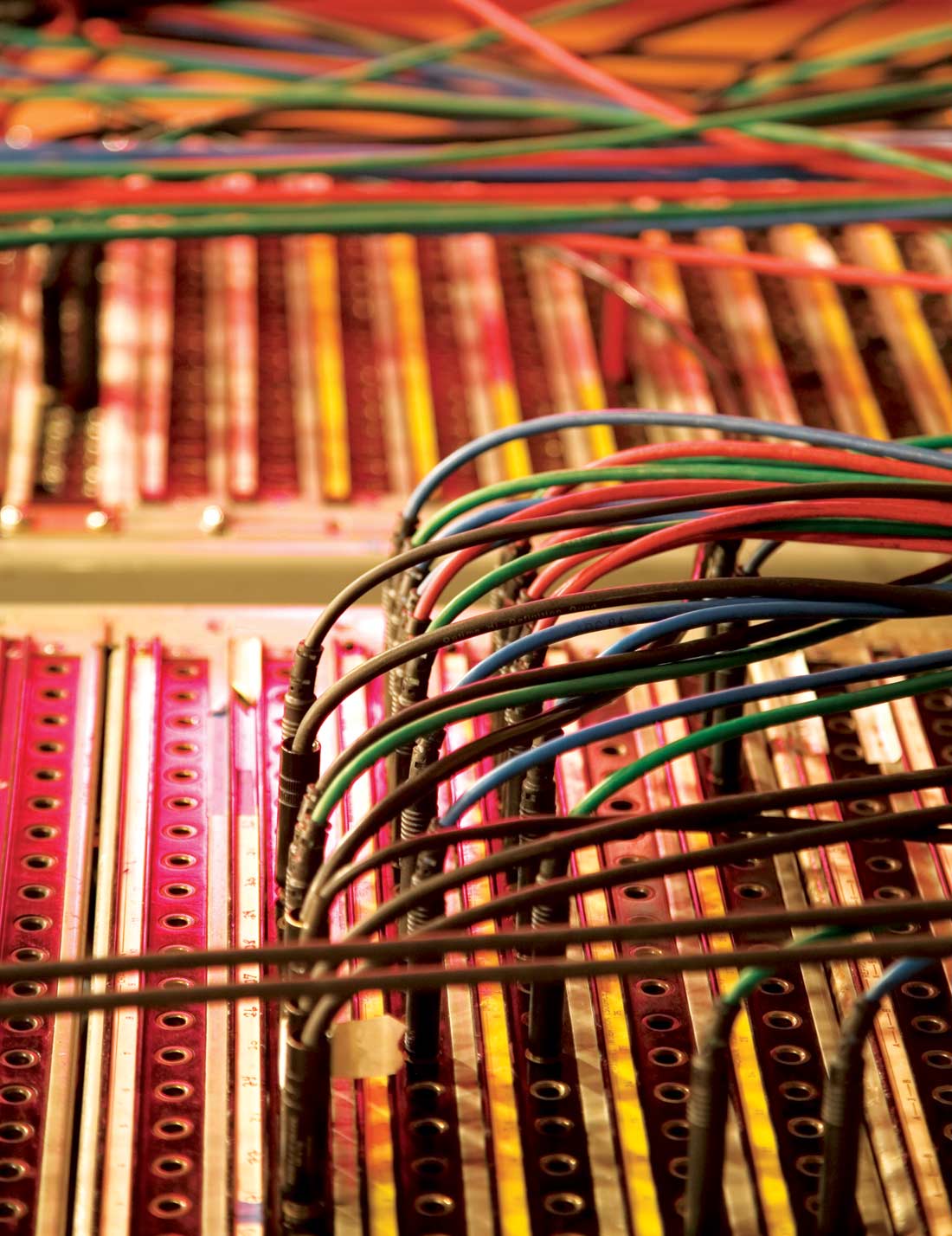

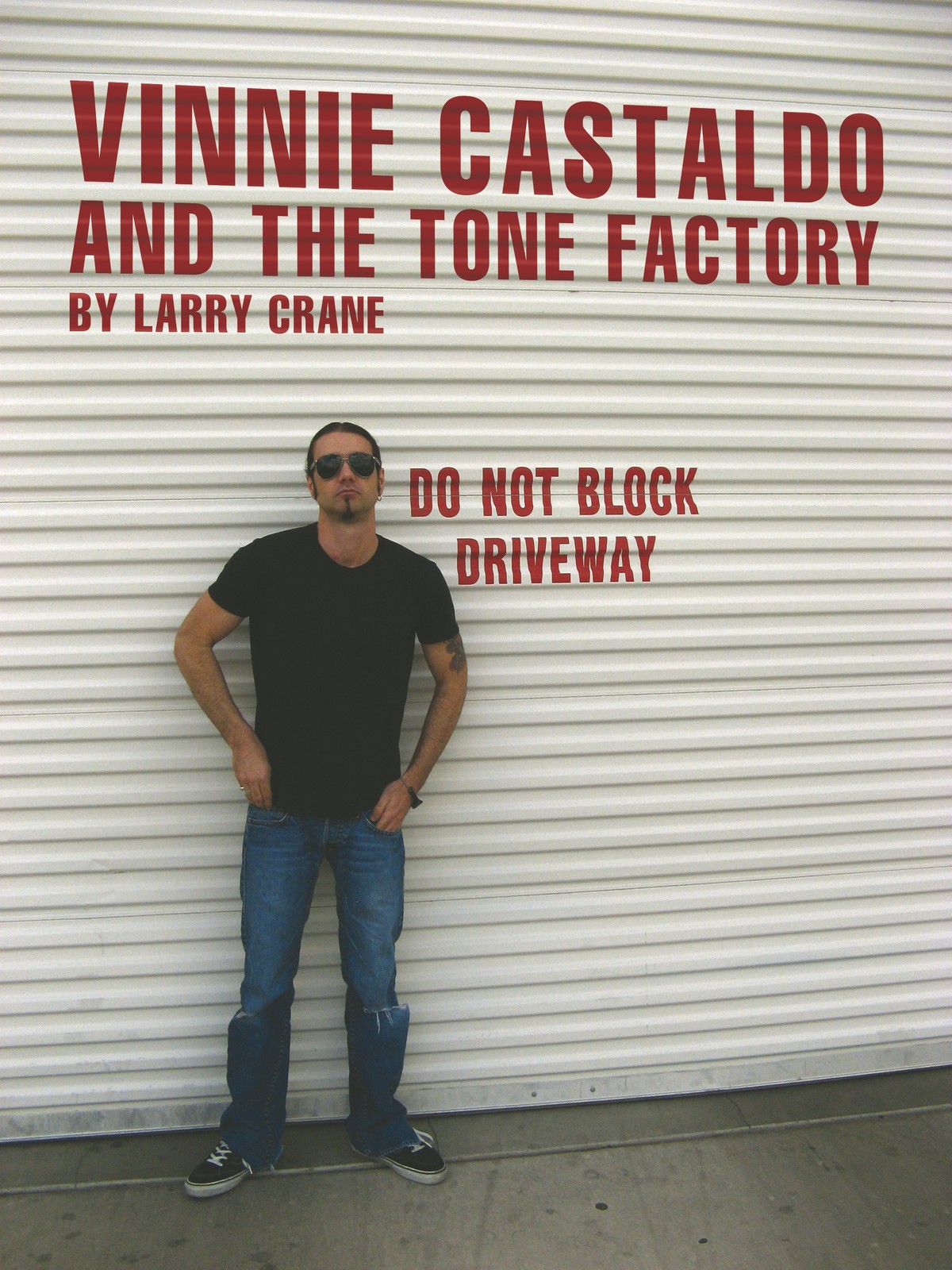
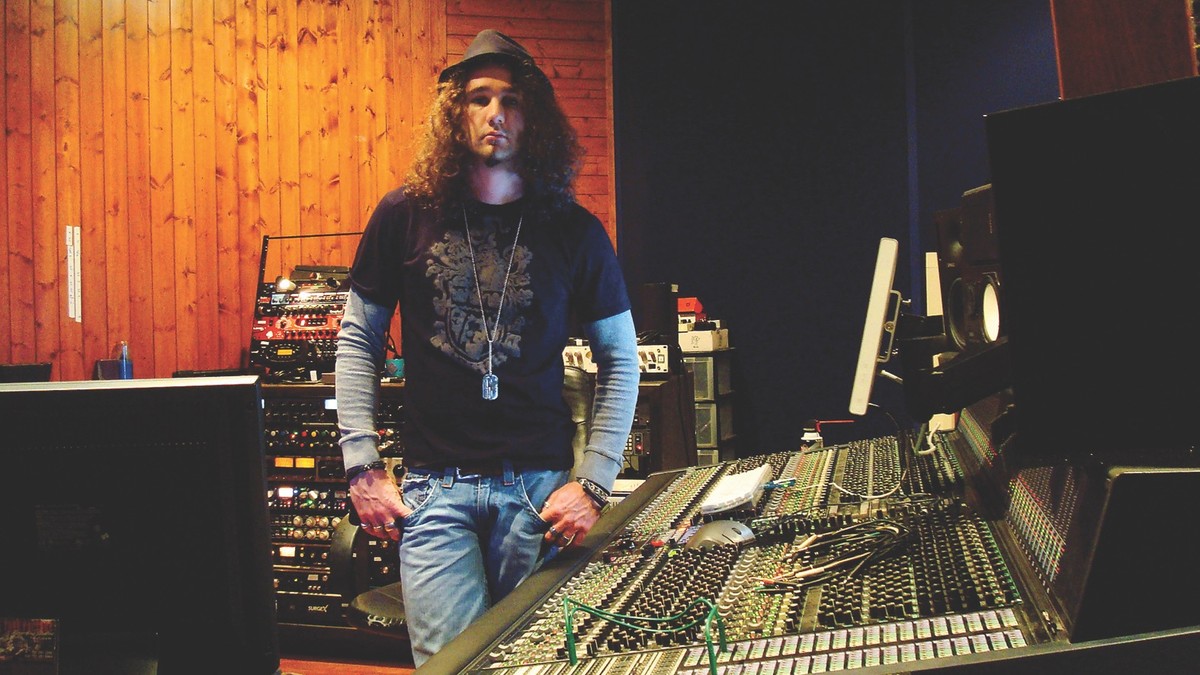
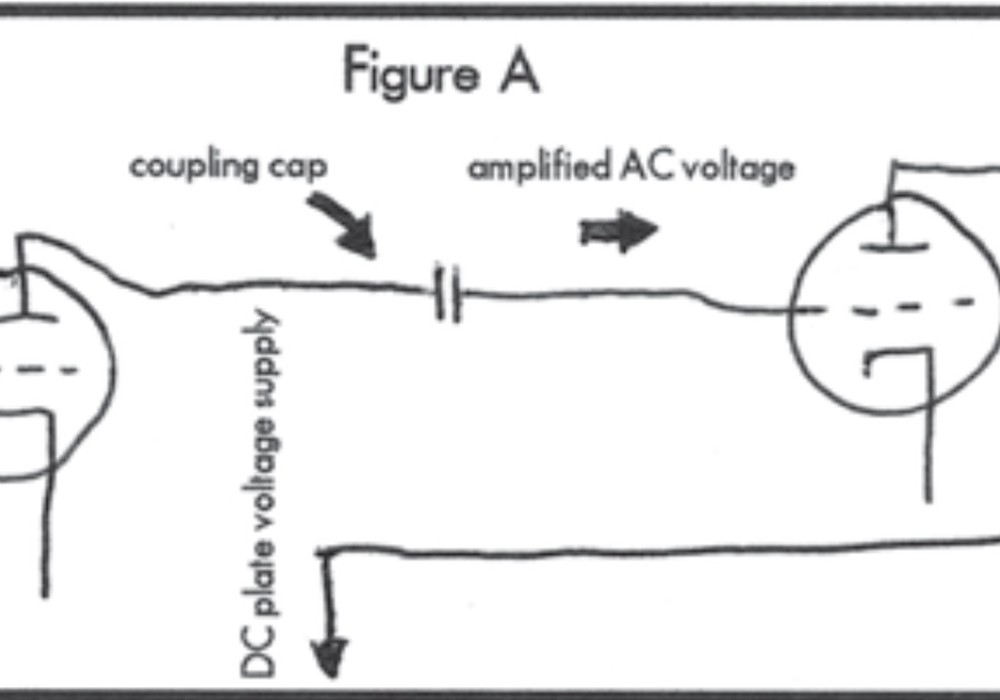
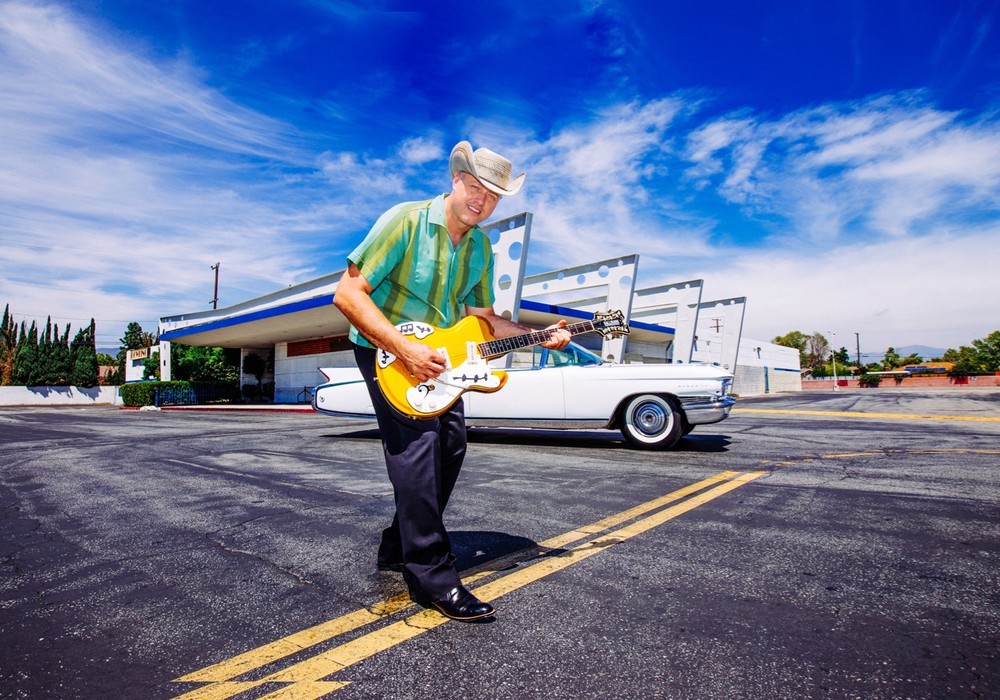
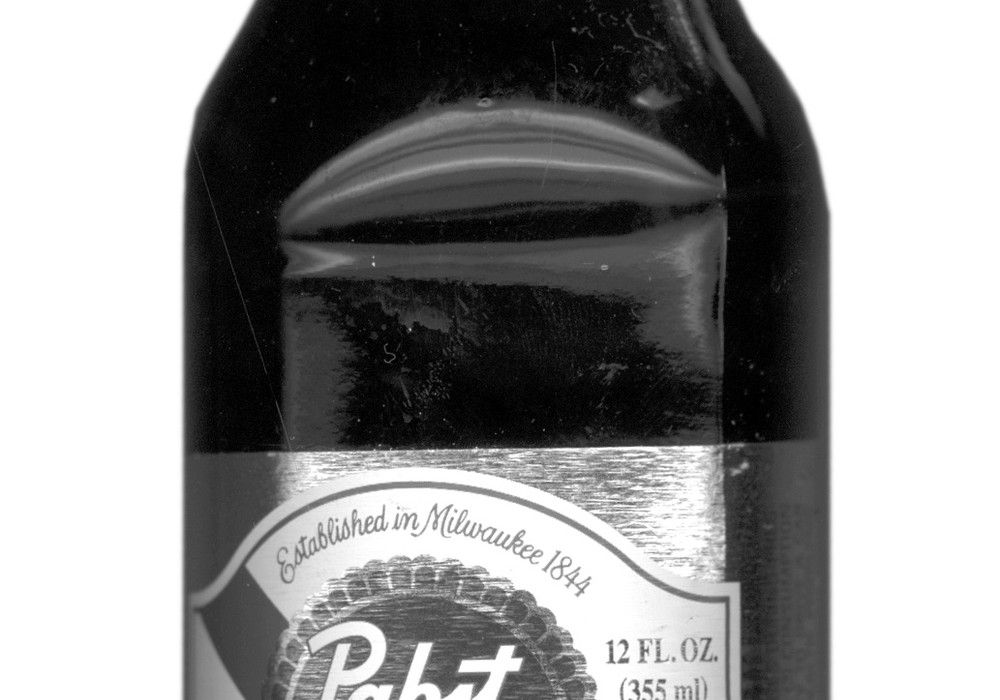
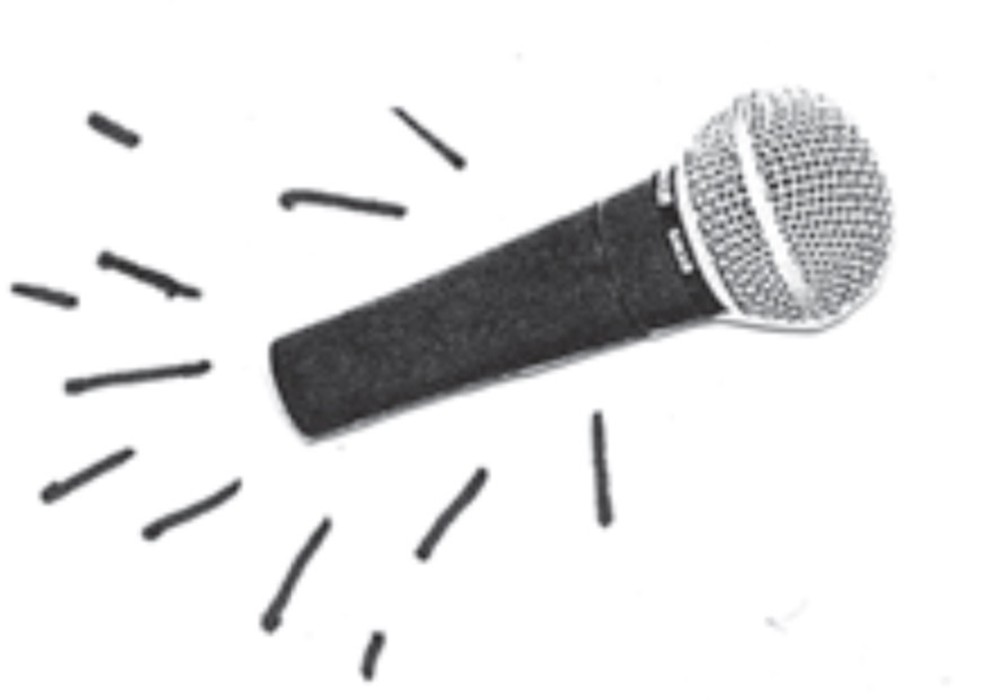
_display_horizontal.jpg)
